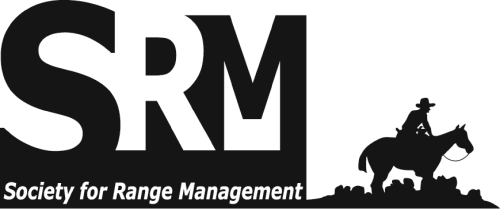Considerable debate remains over the efficacy of rotational grazing systems to enhance conservation and agricultural production goals on rangelands. We analyzed responses to grazing management questions in the Rangeland Decision Making Surveys of 765 California and Wyoming ranchers in order to characterize on-ranch grazing strategies and identify variables influencing strategy adoption. Two-thirds of respondents practice on-ranch rotational grazing strategies, indicating ranchers do experience benefits from rotation which have not been documented in experimental comparisons of rotational and continuous grazing systems. Limited on-ranch adoption of intensive rotational strategies (5% of respondents) indicates potential agreement between research and management perceptions about the success of this particular strategy for achieving primary livestock production goals. Over 93% of all rotational grazer respondents were characterized as using extensive intragrowing season rotation with moderate (few wk to mo) grazing period durations, moderate (2.4-8 ha�animal unit) livestock densities, and growing season rest periods. Variables associated with ranchers' grazing preferences included a mixture of human dimensions (goal setting, views on experiment and risk tolerance, information networks), ranch characteristics (total number of livestock, land types comprising ranch), and ecoregions. We also found that the majority of grazing systems research has largely been conducted at spatial and temporal scales that are orders of magnitude finer than conditions under which on-ranch adaptive grazing management strategies have been developed. Resolving the discrepancies between the grazing systems research and management knowledge base will require substantive communication and novel approaches to participatory research between scientists and managers.

Oral presentation and poster titles, abstracts, and authors from the Society for Range Management (SRM) Annual Meetings and Tradeshows, from 2013 forward.